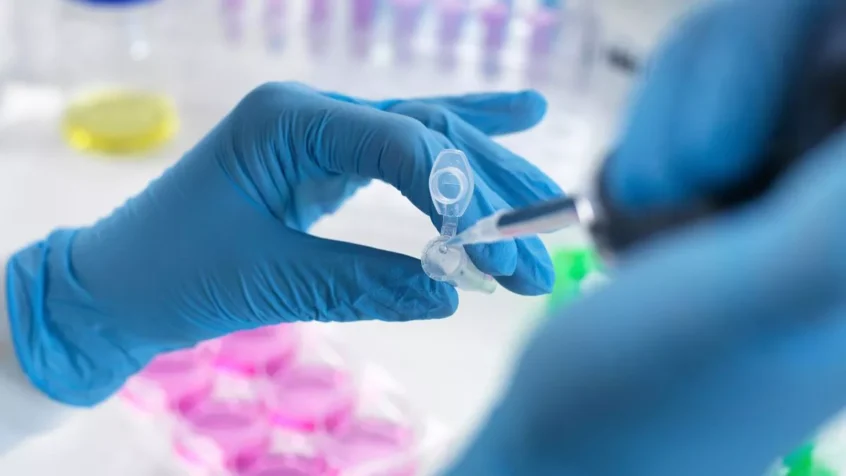Two of my close friends have had multiple sclerosis – one who died in her fifties and the other who, happily, is alive, but confined to a wheelchair. I had many chats with both of them about possible treatments.
Who would have known an international team, led by University of Cambridge, would come up with stem cells as a solution. Yes, stem cells injected into the brains of patients.
The treatment is safe, well-tolerated and has a long-lasting effect that appears to protect the brain from further damage. This is huge. It’s a step towards developing a stem cell treatment for progressive MS.
More than two million people live with MS worldwide, but until now treatments could only reduce the severity and frequency of relapses. Two-thirds of MS patients still go onto a debilitating secondary phase of disease within 25-30 years of diagnosis, where disability grows steadily worse.
With MS, the body’s own immune system attacks myelin, the protective sheath around nerve fibres, causing disruption to messages sent around the brain and spinal cord. Could stem cell therapies ameliorate this damage?
Could transplantation of stem cells, the body’s ‘master cells’, which can be programmed to develop into almost any type of cell within the body, halt the disease? Well, researchers have completed a first, early-stage clinical trial that involved injecting stem cells directly into the brains of 15 patients with MS recruited from two hospitals in Italy.
The trial was conducted by teams at the Universities of Cambridge, Milano- Bicocca, Colorado in the US and Switzerland. The team followed the severely disabled patients over 12 months and none had an increase in disability or a worsening of symptoms.
Disease progression was assessed in a small group and the larger the dose of injected stem cells, the smaller the reduction in brain volume over time. The team also found signs the stem cells were protecting nerve cells from further damage, so halting the progress of MS.
Professor Stefano Pluchino from Cambridge University, study co-leader, said: “We desperately need to develop new treatments for secondary progressive MS, and I am cautiously very excited about our findings, which are a step towards developing a cell therapy for treating MS.”
Co-leader Professor Angelo Vescovi from Milano-Bicocca University added: “It has taken nearly three decades to translate the discovery of brain stem cells into this experimental therapeutic treatment. This study will add to the increasing excitement in this field and pave the way to broader efficacy studies, soon to come.” What an advance!

